Install the app
How to install the app on iOS
Follow along with the video below to see how to install our site as a web app on your home screen.
Note: This feature may not be available in some browsers.
You are using an out of date browser. It may not display this or other websites correctly.
You should upgrade or use an alternative browser.
You should upgrade or use an alternative browser.
Epidemiat maailmalla
- Viestiketjun aloittaja Tvälups
- Aloitus PVM
N. Korea is acquiring face masks via official smuggling operations
North Korea has been acquiring face masks through smuggling operations across the Sino-North Korean border, Daily NK has learned. “The trade ministry [the Ministry of External Economic Relations]…
 www.dailynk.com
www.dailynk.com
Wuhan Institute of Virology Shirt Coronavirus T-Shirt Covid-19 Bioweapon China Outbreak Bella Canvas Unisex T-Shirt handmade to custom https://www.amazon.com/dp/B085T4VQ76/ref=cm_sw_r_cp_api_i_LBOCEb2BQCNQH
PrettyGril Summer 2020 Fashion Tip - Coronavirus 2020 Sarcasm Funny T-Shirt Plague Doctor Tee for Men white4 x-Large Dark Blue https://www.amazon.com/dp/B0859FDSWD/ref=cm_sw_r_cp_api_i_cGOCEbWQDYK23
PrettyGril I Survived Coronavirus 2020 Funny Nurses Favorite Funny T Shirt for Men white5 Medium Dark Blue https://www.amazon.com/dp/B084ZDWGZL/ref=cm_sw_r_cp_api_i_vHOCEbZY5HV0Y
PrettyGril Summer 2020 Fashion Tip - Coronavirus 2020 Sarcasm Funny T-Shirt Plague Doctor Tee for Men white4 x-Large Dark Blue https://www.amazon.com/dp/B0859FDSWD/ref=cm_sw_r_cp_api_i_cGOCEbWQDYK23
PrettyGril I Survived Coronavirus 2020 Funny Nurses Favorite Funny T Shirt for Men white5 Medium Dark Blue https://www.amazon.com/dp/B084ZDWGZL/ref=cm_sw_r_cp_api_i_vHOCEbZY5HV0Y
Huhta
Greatest Leader
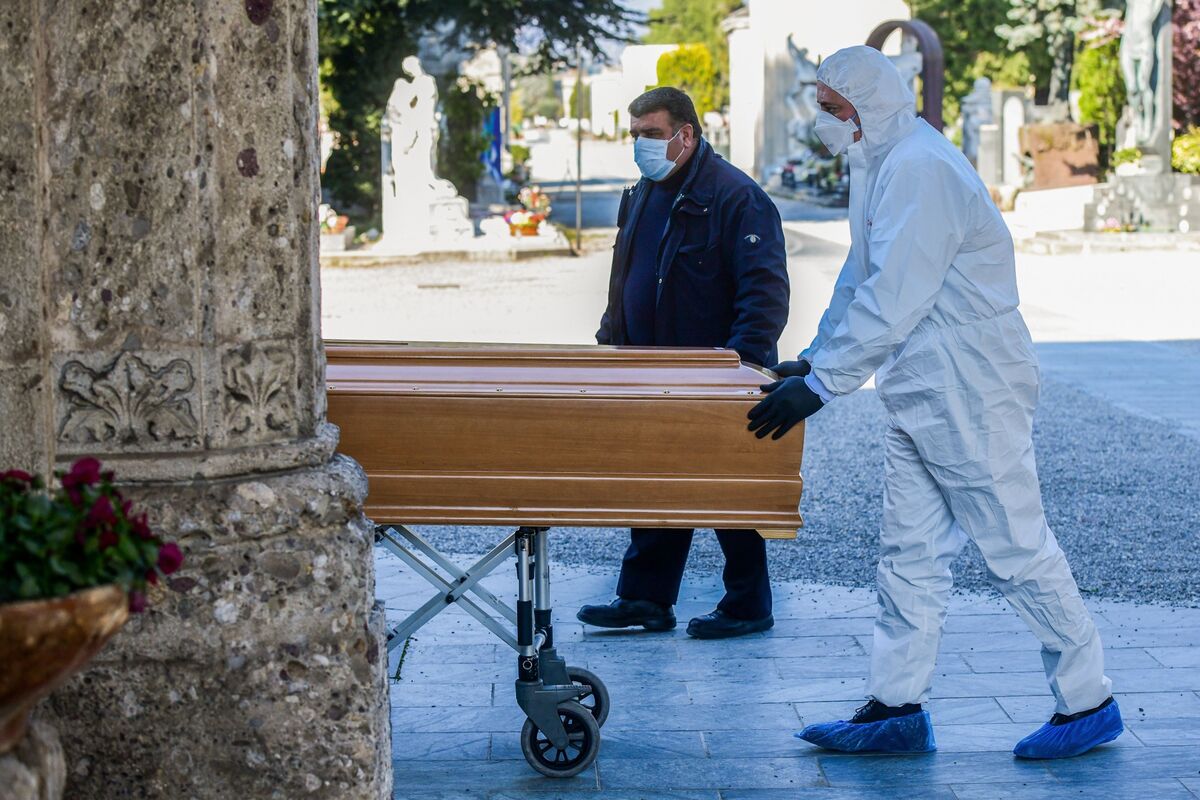
99% of Those Who Died From Virus Had Other Illness, Italy Says
More than 99% of Italy’s coronavirus fatalities were people who suffered from previous medical conditions, according to a study by the country’s national health authority.
99% of Those Who Died From Virus Had Other Illness, Italy Says
By
Tommaso Ebhardt
,
Chiara Remondini
, and
Marco Bertacche
March 18, 2020, 12:56 PM UTC
Italians Rally in Coronavirus Lockdown
We’re tracking the latest on the coronavirus outbreak and the global response. Sign up here for our daily newsletter on what you need to know.
More than 99% of Italy’s coronavirus fatalities were people who suffered from previous medical conditions, according to a study by the country’s national health authority.
After deaths from the virus reached more than 2,500, with a 150% increase in the past week, health authorities have been combing through data to provide clues to help combat the spread of the disease.
Prime Minister Giuseppe Conte’s government is evaluating whether to extend a nationwide lockdown beyond the beginning of April, daily La Stampa reported Wednesday. Italy has more than 31,500 confirmed cases of the illness.
Italy Coronavirus Deaths
By prior illnesses (%)
Source: ISS Italy National Health Institute, March 17 sample
The new study could provide insight into why Italy’s death rate, at about 8% of total infected people, is higher than in other countries.
The Rome-based institute has examined medical records of about 18% of the country’s coronavirus fatalities, finding that just three victims, or 0.8% of the total, had no previous pathology. Almost half of the victims suffered from at least three prior illnesses and about a fourth had either one or two previous conditions.
More than 75% had high blood pressure, about 35% had diabetes and a third suffered from heart disease.
Threat to the Elderly
The median age of the infected is 63 but most of those who die are older
Source: ISS Italy National Health institute, March 17 sample
The average age of those who’ve died from the virus in Italy is 79.5. As of March 17, 17 people under 50 had died from the disease. All of Italy’s victims under 40 have been males with serious existing medical conditions.
While data released Tuesday point to a slowdown in the increase of cases, with a 12.6% rise, a separate study shows Italy could be underestimating the real number of cases by testing only patients presenting symptoms.
According to the GIMBE Foundation, about 100,000 Italians have contracted the virus, daily Il Sole 24 Ore reported. That would bring back the country’s death rate closer to the global average of about 2%.
— With assistance by Karl Maier, and Alessandro Speciale
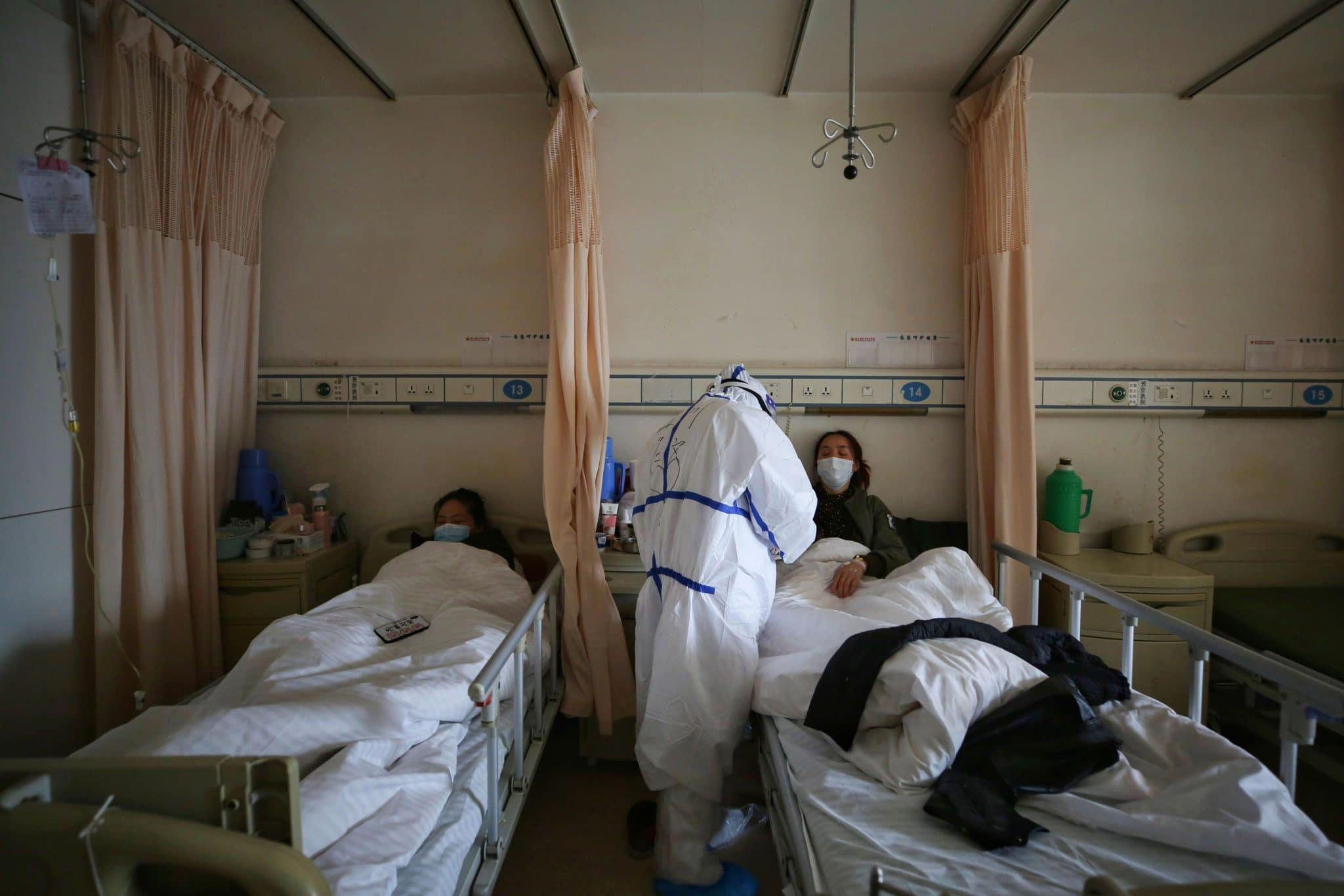
Veriryhmä voi altistaa ihmisen koronavirukselle | Verkkouutiset
Veriryhmä voi altistaa ihmisen koronavirukselle | Verkkouutiset
 www.verkkouutiset.fi
www.verkkouutiset.fi
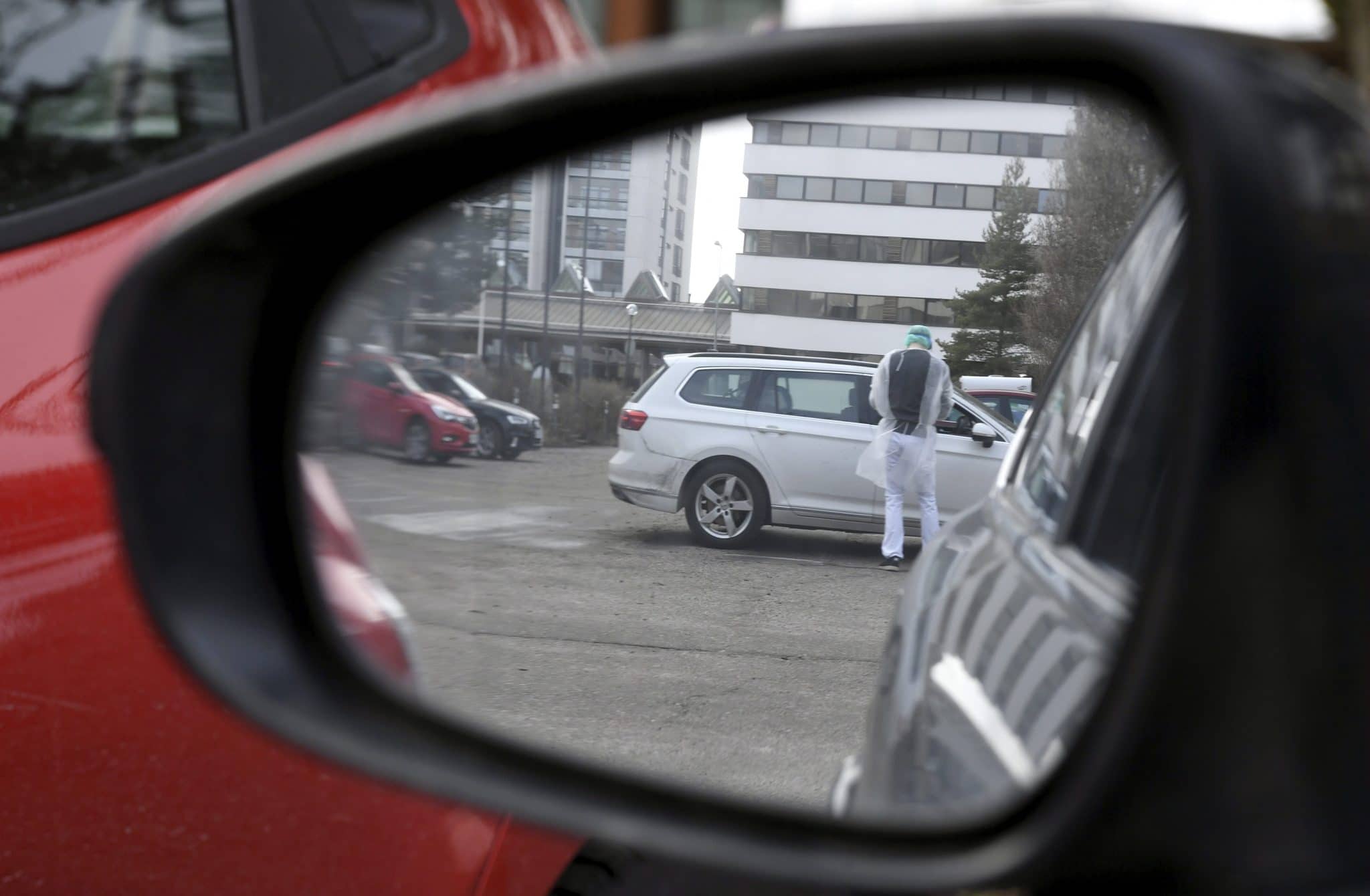
Tältä koronavirus tuntuu: Kuume saa hallusinoimaan | Verkkouutiset
Tältä koronavirus tuntuu: Kuume saa hallusinoimaan | Verkkouutiset
 www.verkkouutiset.fi
www.verkkouutiset.fi
When China announced plans to lock down Wuhan and most of the surrounding Hubei province, the news was greeted with astonishment around the world. Experts warned that it was an unprecedented and risky attempt to control the virus that might not work.
Nearly two months later, with the daily number of new cases in China down to single digits last week, Wuhan is starting to emerge from two months of isolation, and this approach has become the model for other countries with outbreaks that appear to be sliding out of control.
Now there is speculation the British government is preparing to implement something similar in London, the centre of the coronavirus outbreak in Britain.
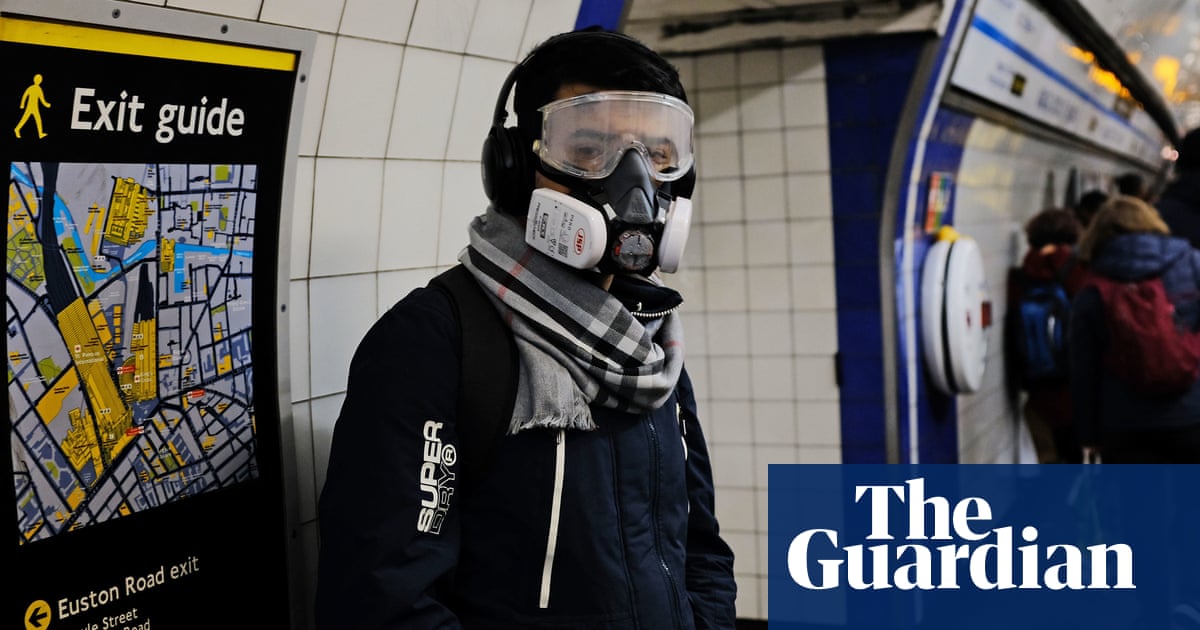
What a coronavirus lockdown might mean for London
How countries from China to Italy have imposed measures to curb the spread of Covid-19
Soldierblue
Ylipäällikkö
Todella hyvä sivu (en tiedä jos se on ollut täällä ennenmin)

 www.worldometers.info
www.worldometers.info

COVID Live Update: 177,966,027 Cases and 3,851,742 Deaths from the Coronavirus - Worldometer
Live statistics and coronavirus news tracking the number of confirmed cases, recovered patients, tests, and death toll due to the COVID-19 coronavirus from Wuhan, China. Coronavirus counter with new cases, deaths, and number of tests per 1 Million population. Historical data and info. Daily...
Viimeksi muokattu:
Ruotsissa Tukholmaan ensimmäinen kenttäsairaala.
Coffins awaiting burial are lining up in churches and the corpses of those who died at home are being kept in sealed-off rooms for days as funeral services struggle to cope in Bergamo, the Italian province hardest hit by the coronavirus pandemic.
As of Wednesday, Covid-19 had killed 2,978 across Italy, all buried or cremated without ceremony. Those who die in hospital do so alone, with their belongings left in bags beside coffins before being collected by funeral workers.
In Bergamo, a province of 1.2 million people in the Lombardy region, where 1,640 of the total deaths in the country have taken place, 3,993 people had contracted the virus by Tuesday. The death toll across the province is unclear, but CFB, the area’s largest funeral director, has carried out almost 600 burials or cremations since 1 March.
“In a normal month we would do about 120,” said Antonio Ricciardi, the president of CFB. “A generation has died in just over two weeks. We’ve never seen anything like this and it just makes you cry.”
There are about 80 funeral companies across Bergamo, each receiving dozens of calls an hour. A shortage of coffins as providers struggle to keep up with demand and funeral workers becoming infected with the virus are also hampering preparations.

'A generation has died': Italian province struggles to bury its coronavirus dead
Coffins pile up and corpses are sealed off in homes as Bergamo’s funeral firms are overwhelmed
Dozens of London Underground stations are to be closed indefinitely amid a toughening of measures to try to slow the spread of coronavirus.
Transport for London (TfL) announced a series of changes late on Wednesday evening as it urged people in the capital not to travel if at all possible.
“People should not be travelling, by any means, unless they really, really have to,” said the mayor, Sadiq Khan. “Londoners should be avoiding social interaction unless absolutely necessary and that means they should be avoiding using the transport network unless absolutely necessary.”

London tube to close many stations because of coronavirus
Waterloo and City line will close altogether, trains will not stop at up to 40 other stations, and overnight tube services will be suspended
Australia and New Zealand’s borders will be shut to anyone who is not a citizen or resident, in an escalation of both countries’ efforts to tackle the coronavirus.
“At no time in New Zealand’s history has a power like this been used, and I recognise how extraordinary it is,” New Zealand’s prime minister, Jacinda Ardern said on Thursday.
“We need to do this for the health of the country, and our people.”
New Zealand’s ban begins at midnight on Thursday. Australia’s begins at 9pm local time on Friday.
In New Zealand the ban will apply to all countries and nationalities, but the partners and children of New Zealanders would still be allowed in. Those bringing in freight on ships or planes will also be exempt.
In Australia, the prime minister, Scott Morrison, said the ban was being put in place because most of the cases of Covid-19 cases in the country had come from overseas. Anyone who is not a citizen, resident, or close family member of a citizen or resident, will be denied entry, he said.
“We have been thinking to align arrangements across the Tasman Sea and I appreciate the consultation that I’ve had with prime minister Jacinda Ardern in dealing with these issues,” Morrison said.
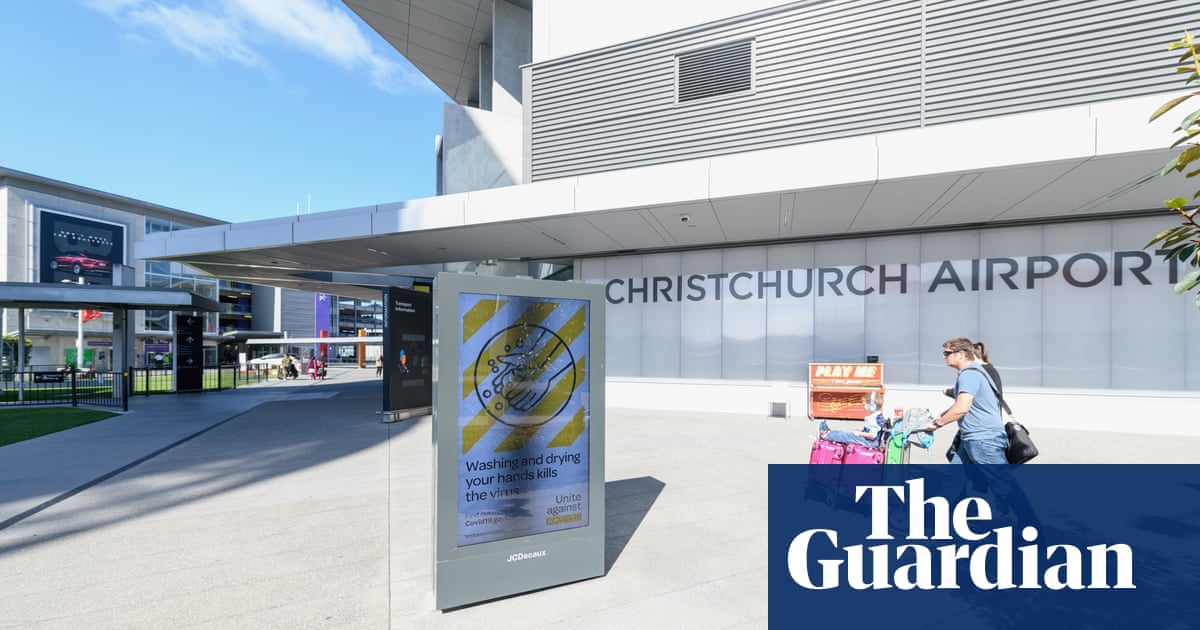
New Zealand and Australia close borders to foreigners amid coronavirus crisis
Jacinda Ardern says she recognises NZ ban starting on Thursday night is ‘extraordinary’, as Scott Morrison says Australia’s borders close on Friday
The fashion industry is facing calls to step in and protect the wages of the 40 million garment workers in their supply chains around the world who face destitution as factories close and orders dry up in the wake of the Covid-19 epidemic.
Many factories in garment-producing countries including Bangladesh, Cambodia and Vietnam are already closing due to a shortage of raw materials from China and declining orders from western clothing brands.
Quarantine and self-isolation measures being rapidly imposed by governments across the world are likely to see the wide-scale closure of thousands more factories in the days and week to come.
Campaigners are demanding that brands take responsibility for the millions of workers in their supply chains who are likely to fall into crippling poverty as they lose their jobs and struggle to provide for their families.
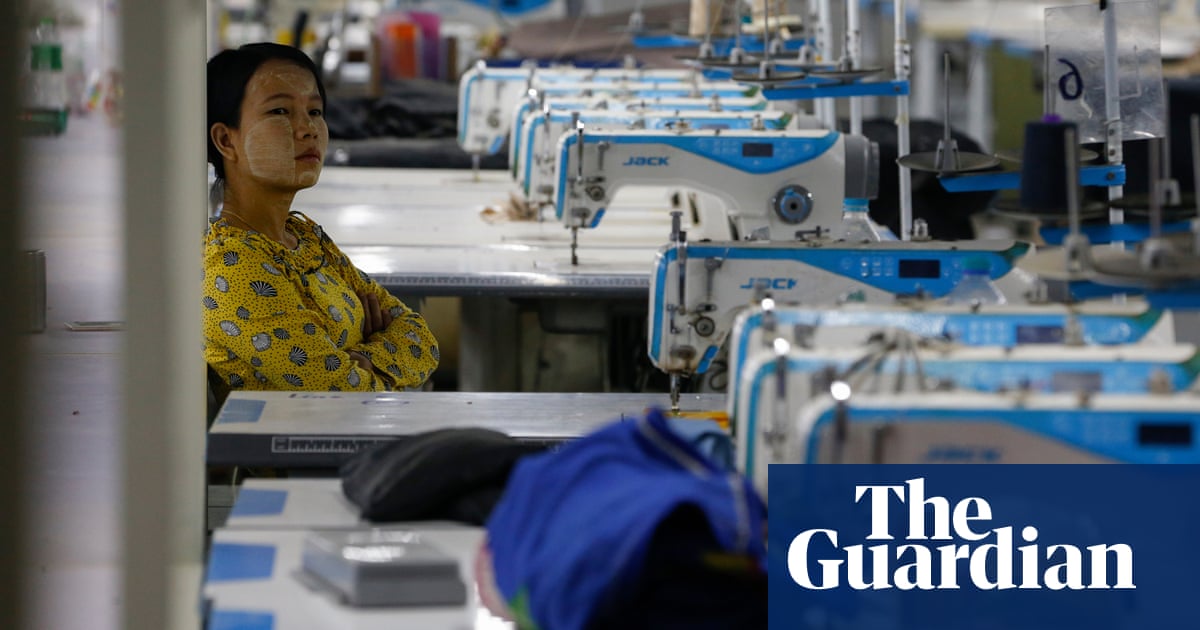
Garment workers face destitution as Covid-19 closes factories
Campaigners call for fashion brands to protect workers in their supply chains globally as coronavirus causes orders to dry up
Ruotsissa Tukholmaan ensimmäinen kenttäsairaala.
Kenttäsairaalassa tehdään vähän tiukempia päätöksiä siitä ketä hoidetaan ja ketä ei, joten saanen epäillä tai sitten Ruotsi on tosiaan hoitanut asian niin huonosti että nosti kädet ilmaan jo nyt.
D
Deleted member 2762
Guest
Se on ruotsalainen kenttäsairaala, siellä diskuteerataan asiat selväksi.Kenttäsairaalassa tehdään vähän tiukempia päätöksiä siitä ketä hoidetaan ja ketä ei, joten saanen epäillä tai sitten Ruotsi on tosiaan hoitanut asian niin huonosti että nosti kädet ilmaan jo nyt.
Ennemminkin kaikin voimin pelastetaan ruotsalaisia ilman paskapuheita.Se on ruotsalainen kenttäsairaala, siellä diskuteerataan asiat selväksi.
Ennemminkin kaikin voimin pelastetaan ruotsalaisia ilman paskapuheita.
Suomi on ottanut asian vakavasti, aktivoinut valmiuslain joka antaa valtuuden mihin vain tarvetta on mutta vielä ei ole kenttäsairaaloita pistetty pystyyn vaikka siihenkin on valmistauduttu jo viikkoja oletettavasti.
Client Challenge
www.ft.com
Germany is to deploy the Bundeswehr to help combat coronavirus, amid an epidemic that could put civilian authorities under unprecedented strain and severely disrupt the eurozone’s largest economy.
In an interview, German defence minister Annegret Kramp-Karrenbauer said the army would be used to help treat the sick, resolve transport bottlenecks and provide essential support to police and local authorities as infection rates climb.
“We have called on all reservists, especially those with medical experience, to register with us,” she told the Financial Times. “We are providing healthcare professionals wherever they are needed.

Venäjä ilmoitti ensimmäisestä koronapotilaan kuolemasta
Venäjän viranomaisten mukaan Moskovassa kuolleen naisen varsinainen kuolinsyy olivat kuitenkin keuhkokuume ja monet muut krooniset sairaudet.
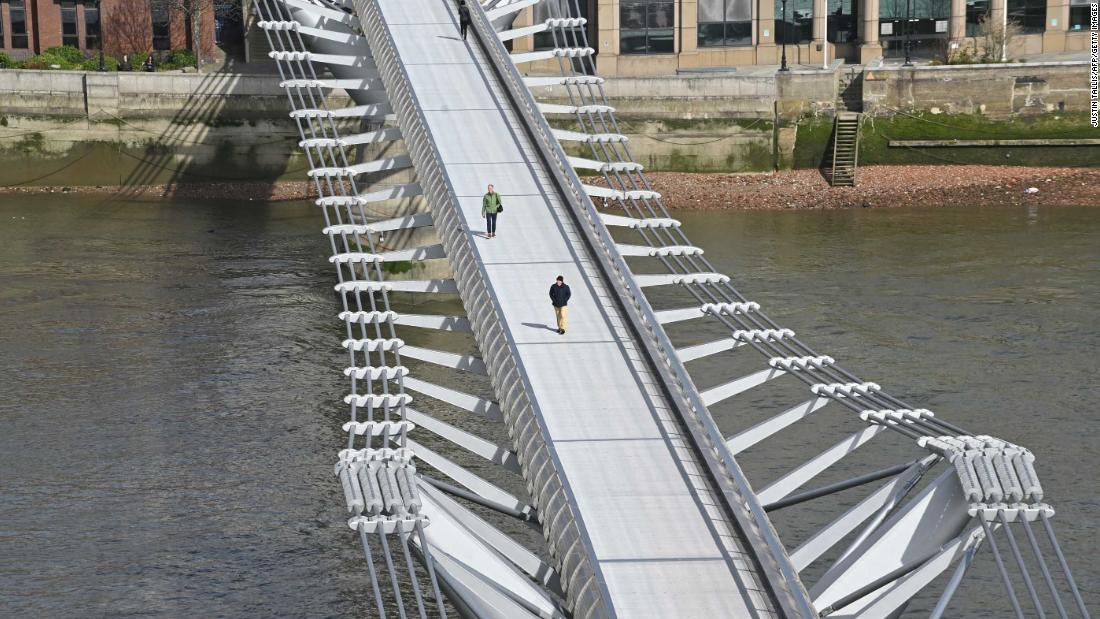
UK considers partial lockdown in London
The UK government is considering a partial lockdown in London to stem the spread of novel coronavirus, amid concerns that residents in the capital are not heeding advice to stay at home, multiple sources have told CNN.
"Discussions have been held in Downing Street about restricting travel in and out of the city "
"The government announced that up to 10,000 military personnel will be placed on standby throughout the UK in order to maintain public services in the coming months. Government sources told CNN on Wednesday that discussions had taken place concerning what role the armed forces could play in enforcing any lockdown measures. "
Hyviä uutisia.
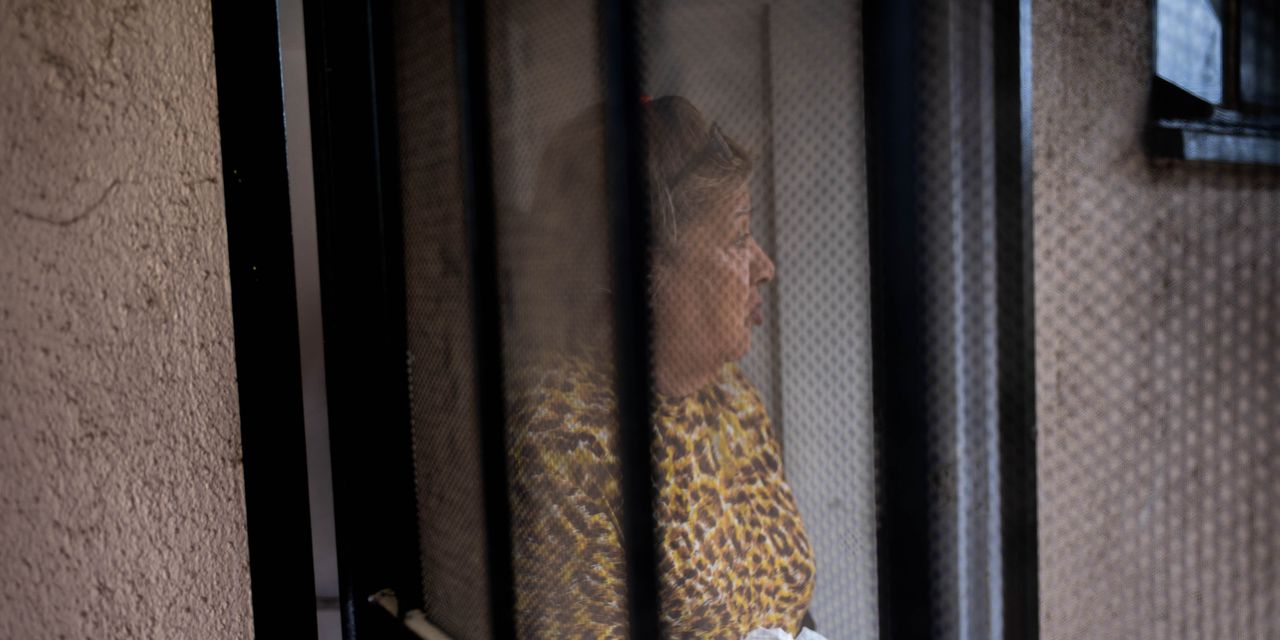
 www.wsj.com
www.wsj.com
California Orders Lockdown for State’s 40 Million Residents
California Gov. Gavin Newsom ordered residents to stay at home except for essential activities in the largest such lockdown in America as the nation’s total novel coronavirus cases rose to more than 14,000.
Ja miksei virus lähtenyt laukalle esim. Thaimaassa joka oli täynnä kiinalaisia turisteja kun tilanne alkoi eskaloitua??
Tapauksia sielläkin havaittiin...

Forecan meteorologi: Koronaviruksella ja säällä erikoinen yhteys
Osa influenssaviruksista leviää parhaiten kylmässä ja kuivassa säässä.
– Sattumaa vai ei? Pahimmat koronaviruksen epidemia-alueet sijaitsevat leveysasteilla 30–50 °N, missä talven ja kevään ilmasto-olot ovat melko samanlaiset, Mäntykannas sanoo kirjoituksessaan.
Hän kertoo tutkimuksesta, jonka mukaan osa influenssaviruksista leviää parhaiten kylmässä ja kuivassa säässä.
– Tutkimuksessa havaittiin, että virukset levisivät parhaiten, kun ilman lämpötila oli +5 astetta ja suhteellinen ilmankosteus verrattain matala (20–35 %). Myös ultraviolettisäteilyn määrän todettiin vaikuttavan viruksen rakenteeseen ja tarttuvuuteen, hän kertoo blogissaan.
